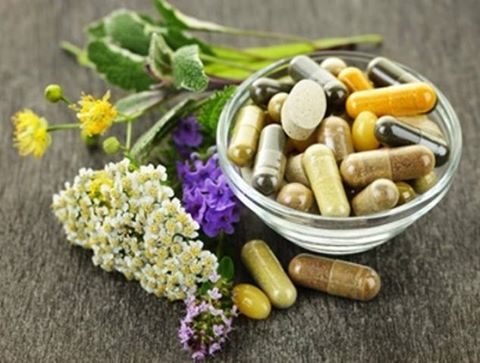7th international conference and Exhibition on Pharmacognosy, Phytochemistry and Natural Products
Osaka, Japan
TY Chien
Shih Chien University, Taiwan
Title: Turmeric (Curcuma longa) attenuates hydrogen peroxide-induced muscle atrophy in C2C12 cells
Biography
Biography: TY Chien
Abstract
Background: Muscle atrophy is characterized by loss of muscle mass and function that usually occur in the elderly. Reactive oxygen species (ROS) is considered to plays a critical role in the development of muscle atrophy. Turmeric (Curcuma longa L.), a curcumin-rich spice, is well known to possess a variety of bioactivities such as anti-oxidant and anti-inflammatory. In this study, we investigated the effects of turmeric against muscle atrophy induced by hydrogen peroxide (H2O2) in vitro and the possible mechanisms.
Method: C2C12 myoblast were pre-incubated with ethanol extract of turmeric in various concentrations for 20 hours, and then challenged with H2O2 for 4 hours. The cell viability was evaluated by 3-(4, 5-dimethylthiazol-2-yl)-2, 5-diphenyl tetrazolium bromide (MTT) assay. The expression of superoxide dismutase (SOD) and catalase (CAT) were detected by western blotting and the differentiation of C2C12 was observed by microscope. DPPH radical scavenging were applied to determine the antioxidant capacity. We also quantitative the curcumin of turmeric extract by using high performance liquid chromatography.
Results: Our results demonstrate that incubation with turmeric extract caused slightly increase of cell viability and promote myoblast differentiation of C2C12 in 20 μg/mL. Furthermore, H2O2-induced myoblast injury were reduced, and CAT expression was elevated by co-treatment with turmeric extract in proper concentration. In addition, turmeric and curcumin scavenged the DPPH-radical in a dose-dependent manner.
Conclusion:These data suggested that turmeric extract protected C2C12 myoblast against muscle atrophy induced by H2O2 through enhancing the antioxidant defenses, and exhibit potent free radical scavenging activity.

